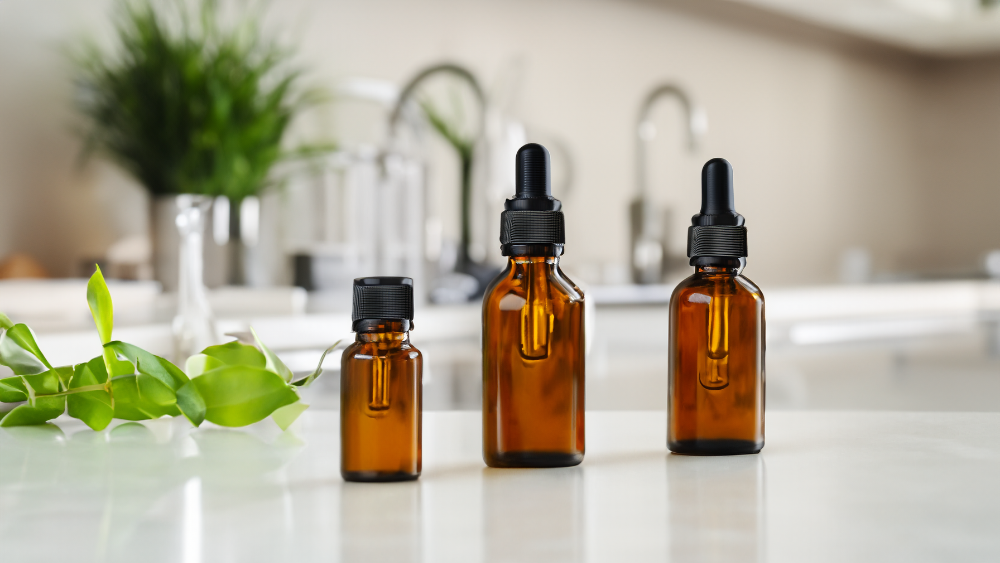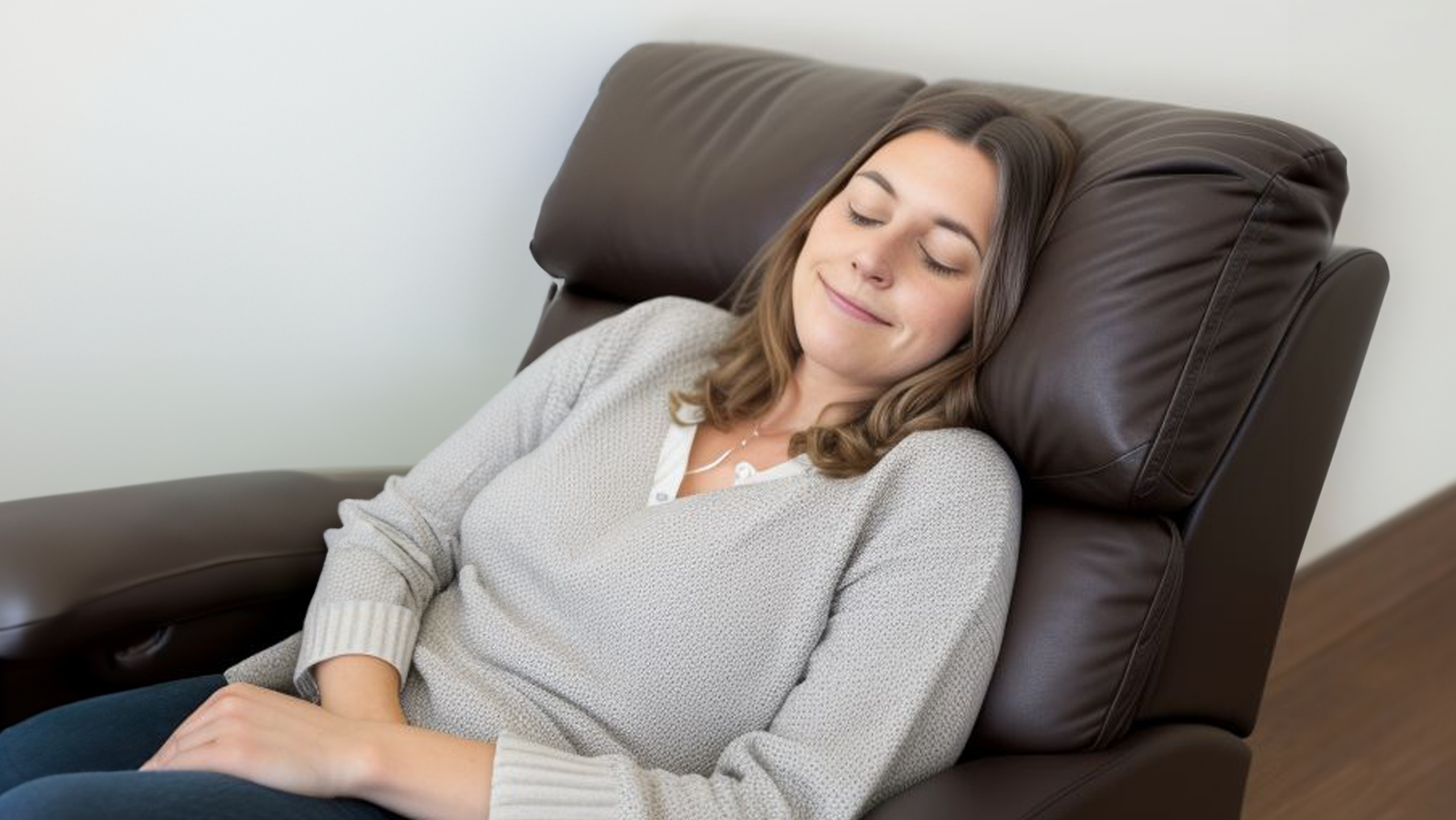Essential oils are versatile and can be used for various purposes, including household cleaning and health support. Here are some tips and tricks for using essential oils:
Household Uses
1. All-Purpose Cleaner: Combine 10 drops of tea tree oil with 10 drops of lemon oil in a spray bottle filled with water and a dash of white vinegar for a natural and effective all-purpose cleaner.
2. Room Deodorizer: Create an uplifting and fresh room spray by blending 10 drops of lavender oil, 5 drops of lemon oil, and 5 drops of peppermint oil with water in a spray bottle.
3. Mold and Mildew Remover: Combine 10 drops of tea tree oil with 10 drops of eucalyptus oil and water in a spray bottle to tackle mold and mildew in bathrooms and kitchens.
4. Insect Repellent: Make a natural insect repellent by mixing 10 drops of citronella oil, 5 drops of lemongrass oil, and 5 drops of eucalyptus oil with a carrier oil like coconut oil.
Health Uses
1. Relaxation and Sleep Blend: Combine 4 drops of lavender oil, 3 drops of chamomile oil, and 2 drops of ylang-ylang oil in a diffuser to promote relaxation and improve sleep quality.
2. Headache Relief: Mix 2 drops of peppermint oil and 2 drops of lavender oil with a carrier oil (like almond oil) and apply to the temples and back of the neck for headache relief.
3. Respiratory Support: Create a steam inhalation blend by adding 2 drops of eucalyptus oil and 2 drops of tea tree oil to a bowl of hot water to ease congestion.
4. Muscle Soother: Blend 3 drops of lavender oil, 3 drops of peppermint oil, and 3 drops of frankincense oil with a carrier oil for a soothing massage blend.
5. Digestive Aid: Mix 2 drops of ginger oil and 2 drops of peppermint oil with a carrier oil and apply to the abdomen to ease digestive discomfort.
6. Stress Relief: Inhale the calming scent of a blend with 4 drops of lavender oil, 2 drops of frankincense oil, and 2 drops of bergamot oil in a diffuser for stress relief.
Always be sure to use essential oils safely and follow appropriate dilution guidelines, especially when applying them topically. Each person’s sensitivity to essential oils can vary, so it’s a good practice to test a small amount on a small area of skin before applying it more broadly. If you have specific health concerns or conditions, consult with a qualified aromatherapist or healthcare professional for personalized advice on essential oil use.



